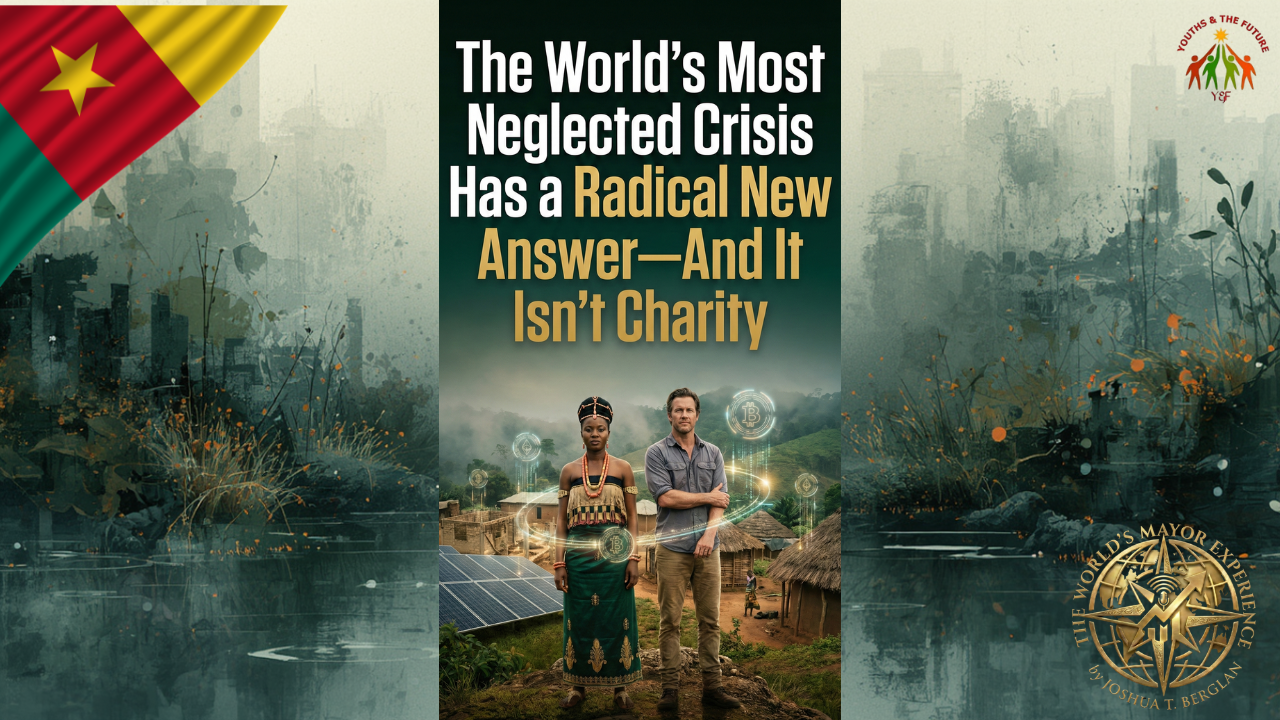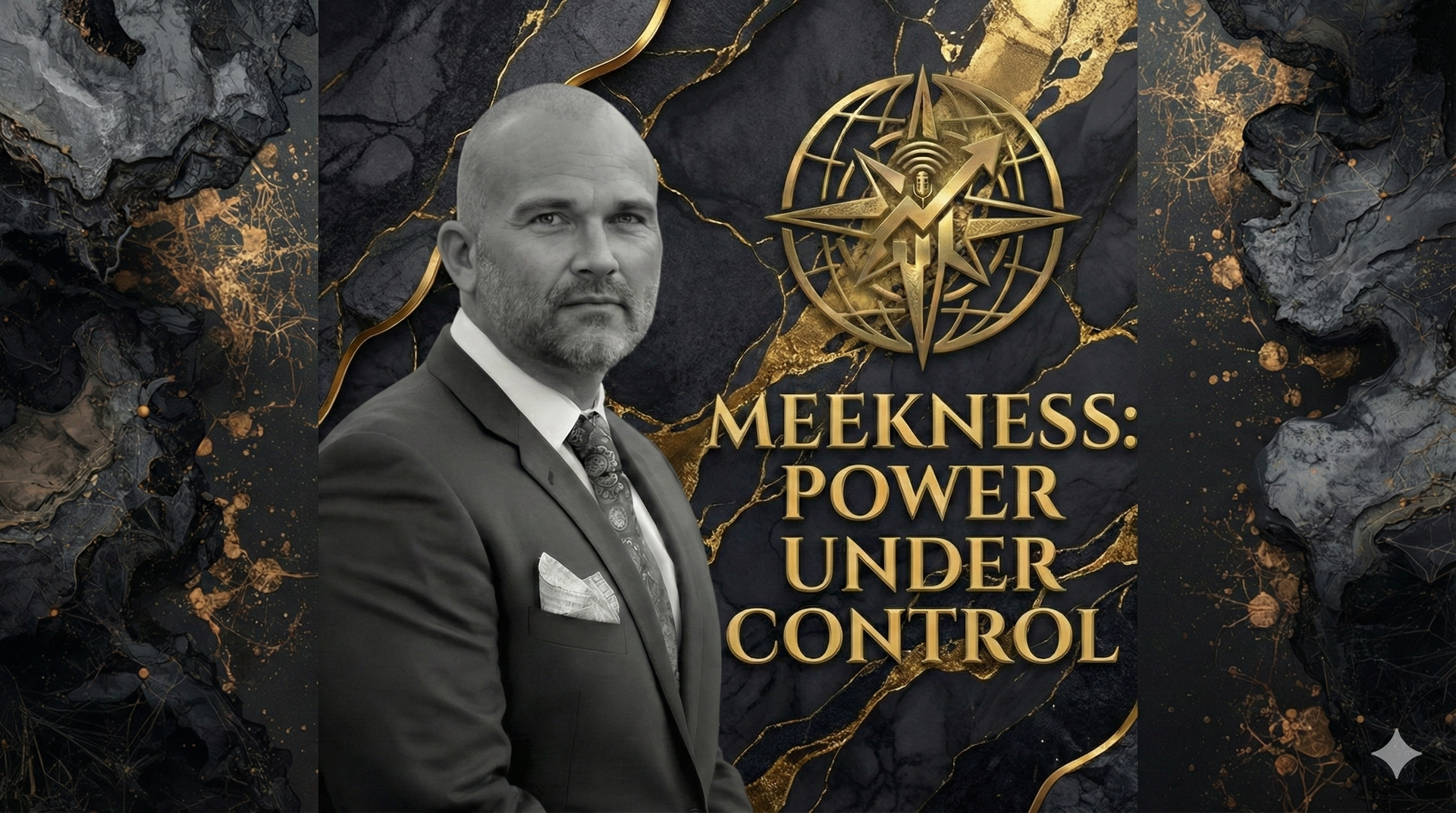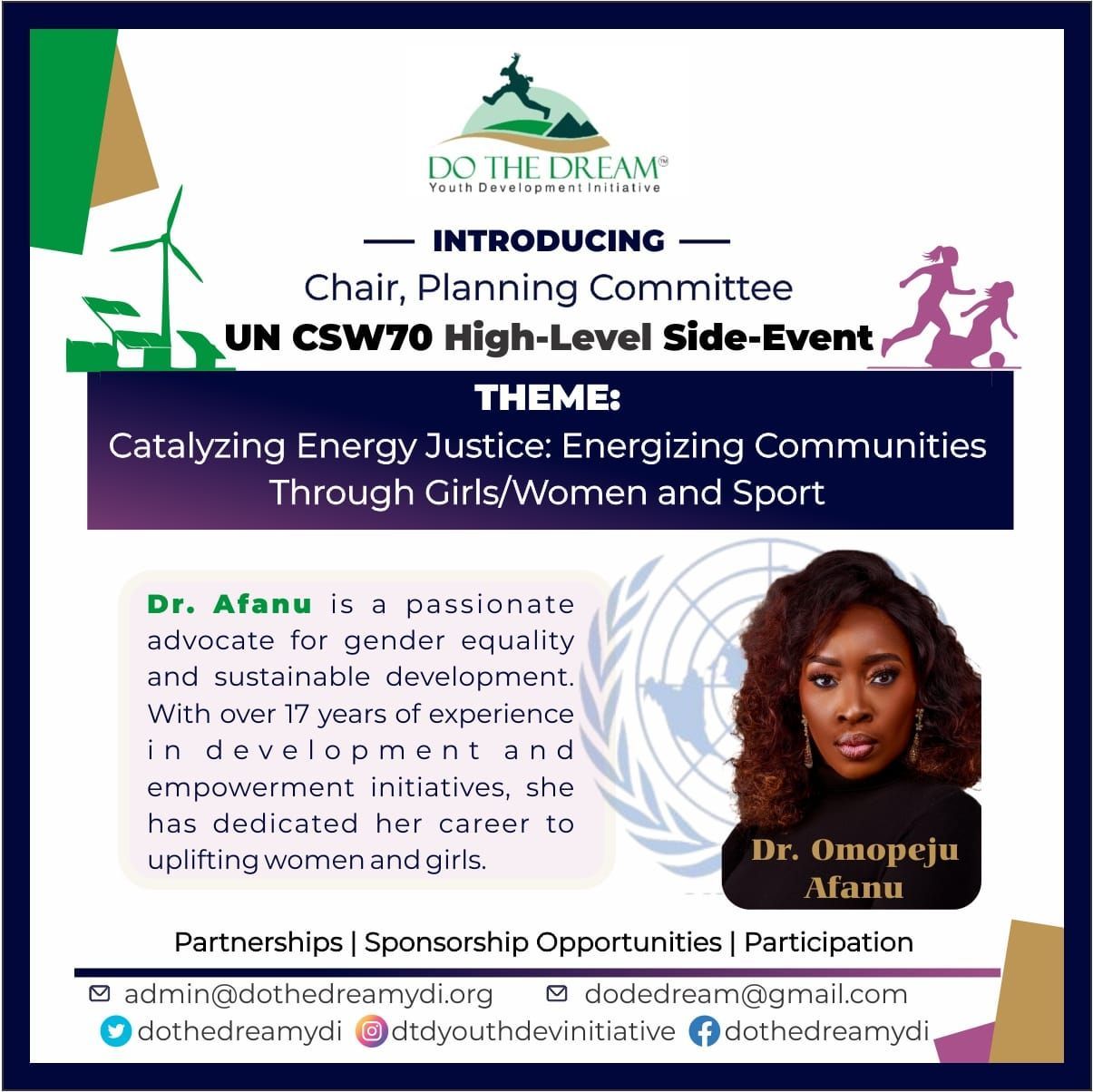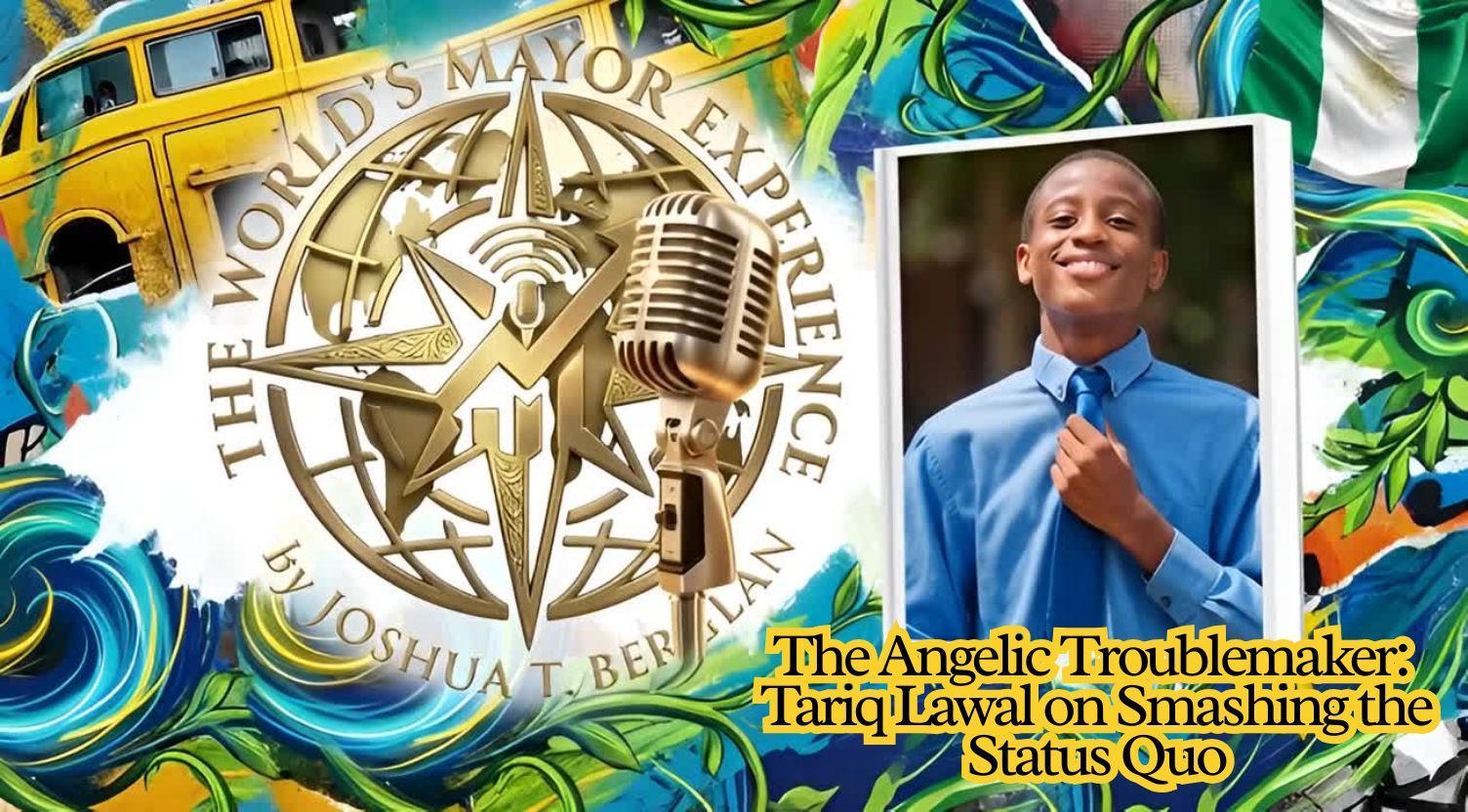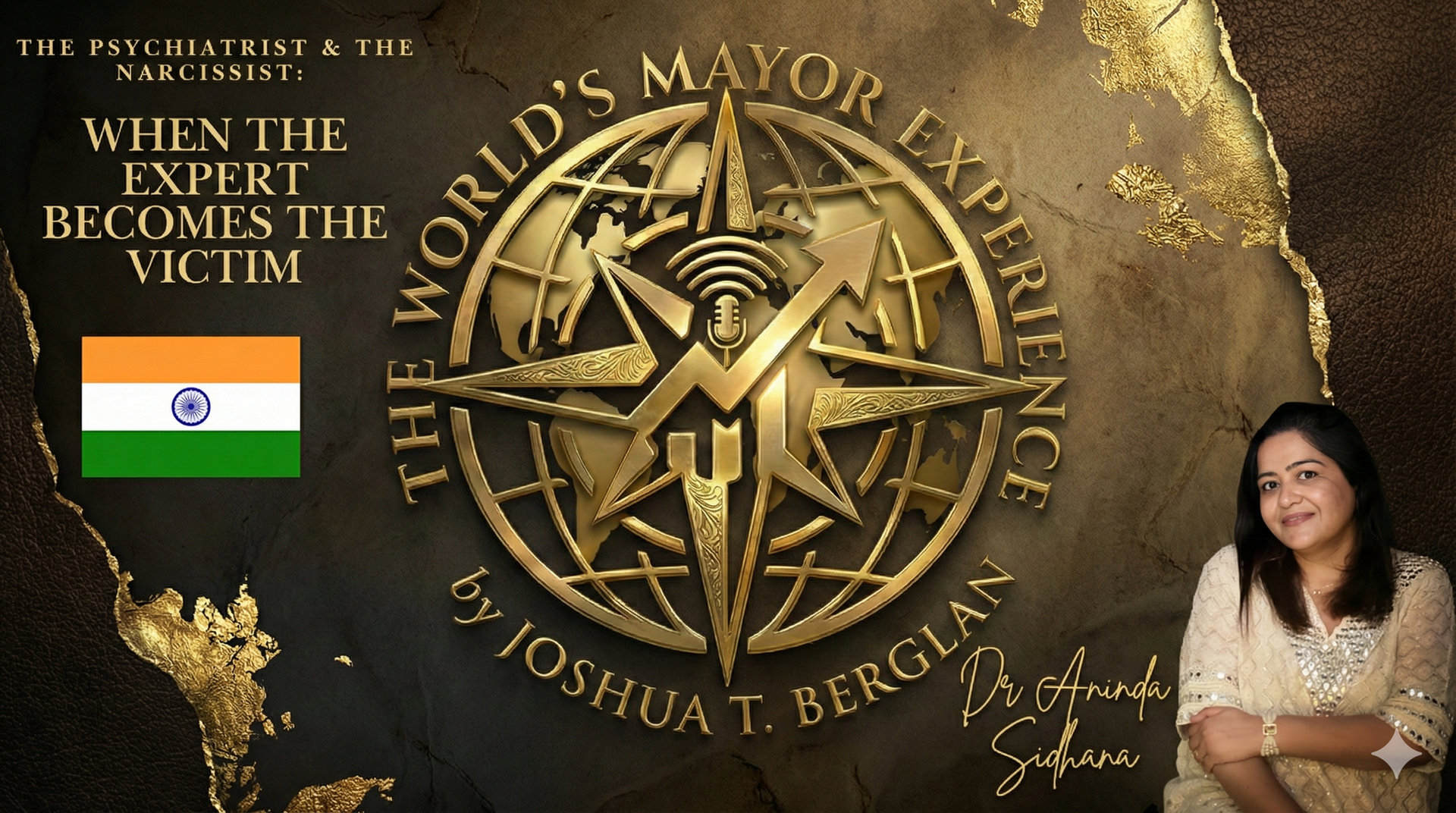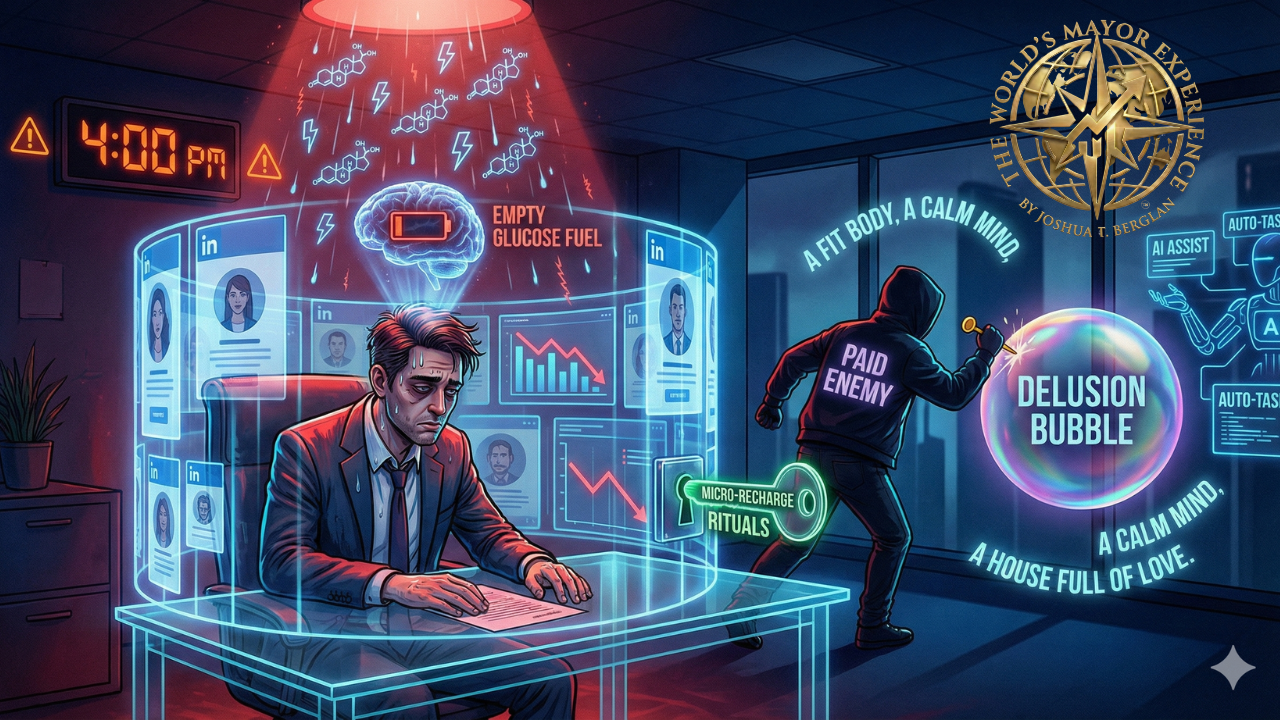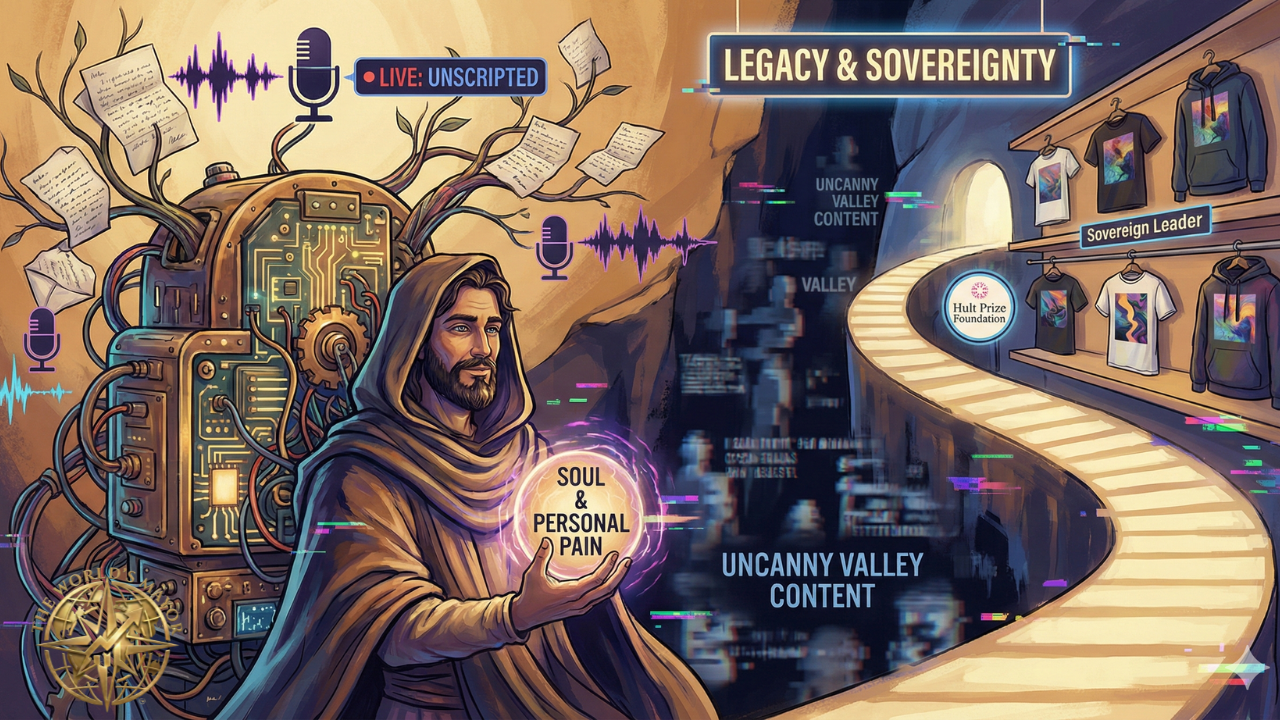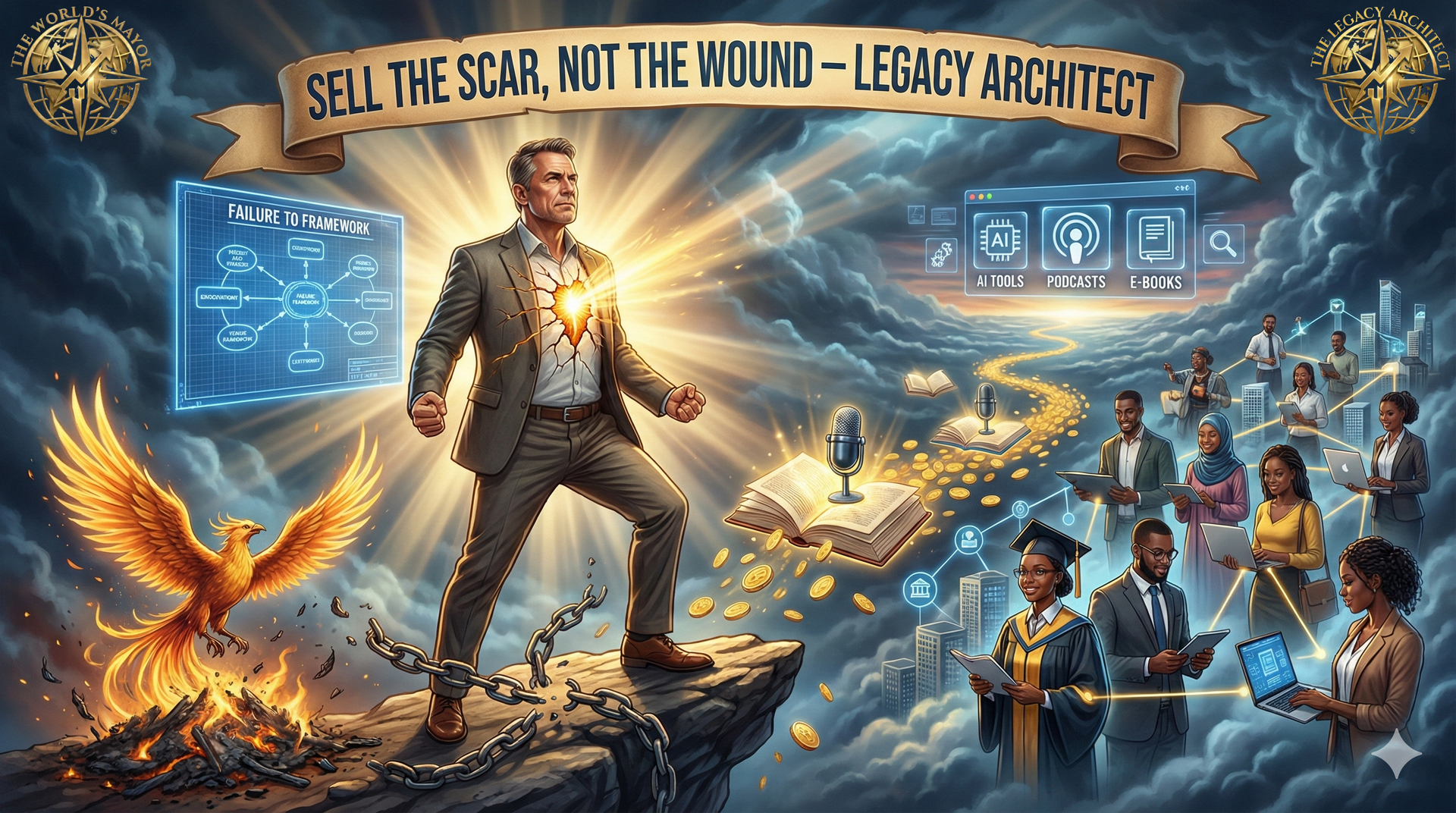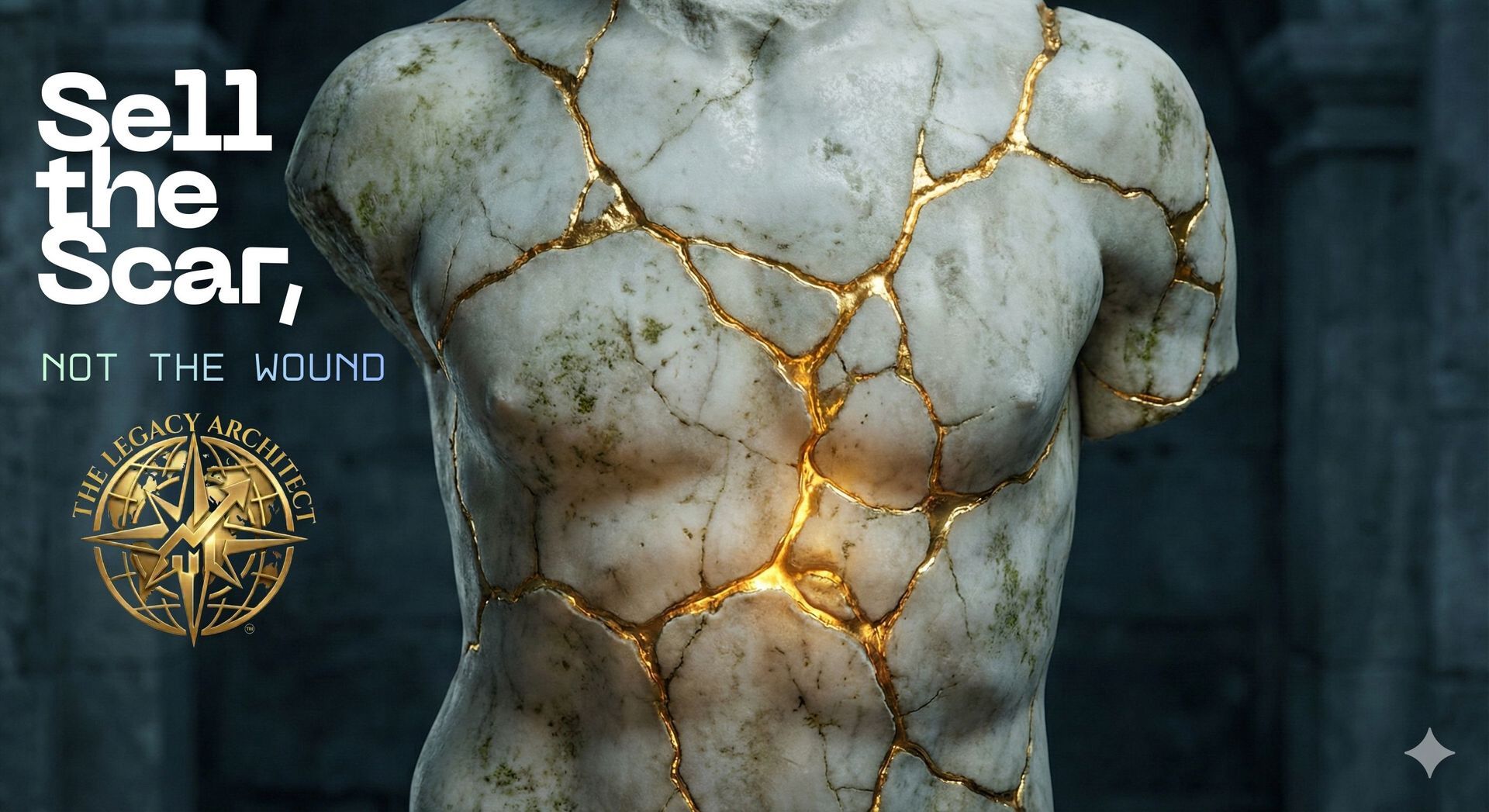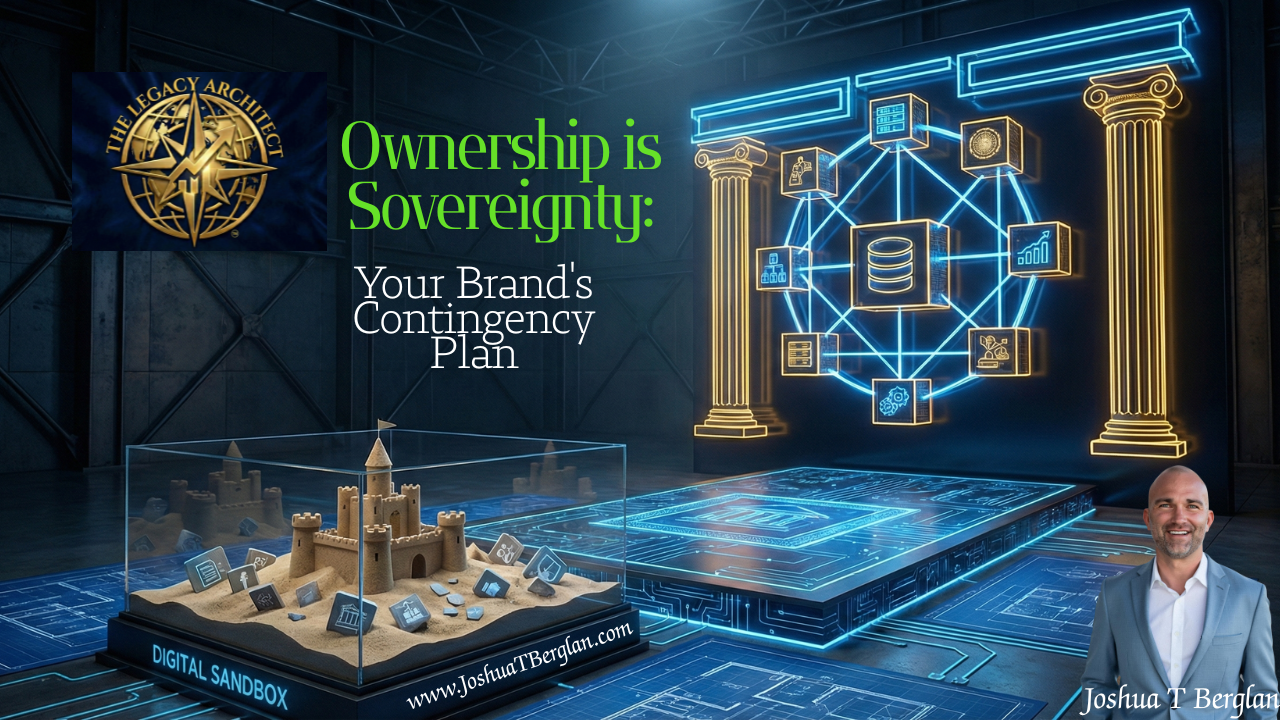On a recent episode of "The Legacy Architect," host Joshua T Berglan, The World's Mayor, sat down with Salisu Qudirat, the Deputy National Coordinator for Hult Prize Nigeria, for a profound discussion on the anatomy of impact. The conversation cut to the heart of what it means to build a legacy, weaving together the seemingly disparate threads of finance, marketing, and social change, all grounded in an unshakeable belief in human potential.
For Salisu, this work isn't just a career; it's a calling that began with a simple, powerful curiosity. "I've been fascinated... by how ideas grow from into something that changes people's life," she explained. This curiosity led her from accounting to marketing, where she witnessed a critical gap: "I saw how... many brilliant ideas around me never made it past [the] idea stage because people didn't really know how to package or like... fund those ideas."
That realization became her mission: to plant herself at "the intersection in the middle of this creativity, structure, [and] purpose" and empower young people to build sustainable solutions that matter.
From Management to Inspiration
This mission is deeply personal, rooted in Salisu's own journey of self-development. As the only member of her science-oriented family to pursue a career in finance, she forged her own path. A key moment came during her university years when leading a team. She realized they "didn't really believe in themselves" and that her role was not to manage, but to inspire.
This shifted her entire perspective, helping her "grow into a leader who doesn't just manage people, but... inspire[s] them to not just believe in themselves, but to believe in what is actually very, very possible."
This belief in possibility is the core of her "why." In a single, powerful sentence, Salisu defined the belief that gets her up every morning: "To help people discover the power within them to create, to lead, and to make impact."
The "Electric" Energy of Nigerian Youth
That power, Salisu insists, is abundant in the young people of Nigeria. When asked to paint a picture of the youth she works with, her answer was immediate and passionate.
"The young people I work with in Nigeria, they are... some of the most resilient, creative, and hungry minds you will ever meet," Salisu shared. "They are not waiting for opportunities to find them. They are creating their own table. They are creating their own opportunity."
She described a "deep desire to solve problem[s]" and "redefine what success looks like for their own generation," an energy she calls "very, very contagious." Host Joshua T Berglan, The World's Mayor, affirmed her observation, noting that Nigerians "do more with less" and that, in his belief, "Africa is going to be a dominant superpower."
Hult Prize in Action: A Story of Impact
Salisu provided a stunning example of this-potential in action. She shared the story of a Hult Prize team, Apex Health Tech, from the University of Ilorin. Their idea was to create a solar-powered incubator to tackle the dual problems of unreliable electricity and premature newborn deaths.
It was an idea so ambitious that even their university supervisor expressed doubt. But the Hult Prize program gave them the structure they needed. "Through the all price program... he was able to... refine his idea, he received mentorship, and he built a prototype," Salisu recounted. The team not-only won their on-campus program but advanced to the regionals in Nairobi, securing vital funding and mentorship.
"That was me watching that transformation can go from doubt to global recognition," she said, "which perfectly captures what all sprite is all about... turning potentials into real-world changing impact."
Mentoring the Architects of Change
To turn potential into impact, Salisu mentors young innovators to master both narrative and numbers.
"I was taught that marketing... is to see storytelling as a bridge that connects passion to purpose," she explained, "and finance as the foundation that keeps that purpose alive."
She coaches her students that "impact alone isn't enough. The impact has to be scalable. It has to be sustainable." Her key insight is that "numbers and narratives are partners, and they are not opposites." You cannot, she warned, "convince an investor with emotions alone," nor can you "inspire the world with a spreadsheet."
Reframing a Global Agenda
This pragmatic blend of passion and structure informed a significant portion of the conversation about global initiatives like Agenda 2030. Both Salisu and Joshua tackled the widespread misconception, particularly in the West, that such agendas are a form of "enslavement."
Salisu dismantled this fear, explaining that the goal is to "create a better life, a better system, a better environment for everybody... Nobody's left behind."
Joshua amplified this point, asserting that the current financial system "is a slave system." He framed Agenda 2030 not as a threat, but as a massive opportunity for a new "creator's economy," where those who provide real value and solve real problems—like those outlined in the UN's Sustainable Development Goals—will be the ones who thrive.
For Salisu, this aligns perfectly with her personal focus on SDG 8, Decent Work and Economic Growth. "Real empowerment starts when people are given the tools and opportunities to build themselves," she stated. "We're not just building businesses, we're building futures."
The True Definition of Legacy
"To me personally, legacy isn't just about titles and recognition. It's about the impact," she declared. "It's the ripple effect of the lives that one has touched... Legacy is... what continues when I am no longer in the room. It's like when someone somewhere takes a bold step because they saw me do it."
This, she revealed, is the "intangible legacy" of the Hult Prize movement in Nigeria. Beyond the startups and solutions, "we are building a culture of possibility."
For any young person listening, afraid to take that first step, her advice was simple and direct: "Start small. Start small, but start immediately... You don't have to wait for the perfect plan, 'cause there's no perfect plan anywhere."
Citing her own journey to becoming a chartered accountant in a family of scientists, she proved that progress, "no matter how slow it is, it is still progress." The key, she concluded, is adaptability—"the ability to learn, to unlearn, and to relearn."
In a powerful final message, Salisu Qudirat is not just an advocate for change; she is an architect, meticulously designing the scaffolding for a new generation of leaders. Her legacy is already being built, not in monuments, but in the "culture of possibility" she fosters every single day.







